Car accidents can leave you feeling shaken and in pain. Sometimes, that means stomach pain.
Whether it’s a dull ache or a sharp pain, it’s essential to pay attention because stomach pain after a car accident can be a sign of something serious, like internal bleeding or organ damage.
It’s important to learn what might be causing your stomach pain, symptoms to watch out for, and why it’s important to get checked out by a doctor.
For a free consultation with an experienced California auto accident lawyer, please call (209) 600-4389 or send us an online message today.
What Can Cause Stomach Pain After a Car Accident?
Stomach pain after a car accident isn’t something to take lightly. Your body goes through a lot in a crash, and any sudden jolt can do a number on your insides, especially your abdomen. Let’s look at some of the reasons why you might be feeling abdominal pain after a car accident.
1. Internal Bleeding
You can’t always see it, but sometimes, a crash can damage blood vessels or organs inside your belly, causing internal bleeding. Such an injury might show up as tenderness, dizziness, or a bloated stomach after a car accident. This can be quite serious and needs to be checked out immediately.
2. Organ Damage
Your abdomen houses important organs like your liver, spleen, and intestines. Any of these can be injured in a crash. Upper stomach pain after a car accident might mean your liver or spleen is affected, while lower stomach pain after a car accident could signal a problem with your intestines. You might also feel nauseous or notice changes in your bathroom habits.
3. Seat Belt Injuries
Seat belts save lives, but they can also cause injuries. Stomach pain from the seat belt after a car accident is often due to bruising or tissue damage where the seat belt pressed against you. In some cases, more serious internal injuries can happen, too.
4. Muscle Strains or Bruising
Like any other muscle, the ones in your stomach can get stretched or pulled during a collision. This can cause abdominal soreness and pain, which usually gets better. But if it doesn’t, it’s a good idea to see a doctor to ensure nothing else is happening.
5. Bowel Issues
The force of a crash can affect your digestive system. Bowel issues after a car accident can include things like blood in your stool, diarrhea, or trouble going to the bathroom. These could be signs of a serious problem that needs urgent care.
6. Rigid and Hard Abdomen
If you’re experiencing a rigid and hard abdomen after a motor vehicle accident to the point where you can’t relax your muscles, this is a major red flag. It could mean there’s a serious injury or infection inside, and you need to get to a hospital quickly.
Sometimes, you might not feel pain right away. This delayed stomach pain after a car accident can be a sign of internal bleeding or inflammation. If the pain gets worse or you start having other symptoms hours or even days after the accident, don’t wait to get medical help.
What Should You Do If You’re Experiencing Stomach Pain?
Stomach pain after a crash is a signal to get checked out by a doctor, even if you think it’s no big deal.
Here are the steps you should take:
- See a doctor. It seems obvious, but this is the most important and critical step. A doctor can examine you and figure out what’s causing the pain.
- Keep track of your symptoms. Write down when the pain started, what it feels like, and if it changes. This can be useful if you need to file a claim.
- Consider talking to a lawyer. If the accident wasn’t your fault, a personal injury lawyer can help you get the money you may be entitled to for medical bills and other expenses.
Your health comes first. Get medical help, then contact Silva Injury Law to discuss your legal options.
Why Stomach Pain After a Car Accident Should Never Be Ignored
Stomach pain after a car accident is nothing to ignore. It could signify a more serious injury, even if it initially seems mild. The U.S. Department of Transportation recommends seeing a doctor after any accident, even minor ones.
You never know what might be going on internally, and ignoring issues could come back to haunt you both physically and financially.
For example, if you ignore the pain and don’t seek treatment, the issue could get worse. This increases the risk to your health and can give the insurer a reason to place blame for your costs on you—thereby giving them a reason to deny or reduce your compensation.
See a doctor if you experience:
- Pain that doesn’t go away or gets worse,
- Swelling or tenderness in your belly,
- Nausea or vomiting,
- Changes in bathroom habits, or
- Feeling faint or dizzy.
It’s always better to be safe than sorry. Get checked out to protect your health and your rights.
Call Silva Injury Law for Help
Dealing with stomach pain after a car accident is tough enough without having to worry about medical bills and insurance companies.
If you’ve been hurt in an accident that wasn’t your fault, the personal injury lawyers at Silva Injury Law are here to help.
We have over 20 years of experience fighting for people like you. We have numerous high-value settlements and five-star ratings from satisfied clients, so our record speaks for itself.
When you work with us, we promise to treat you like family while fighting passionately to get you every dollar you deserve. Don’t wait to get the legal help you need.
Contact us online or call (209) 600-4389 today for a free consultation.

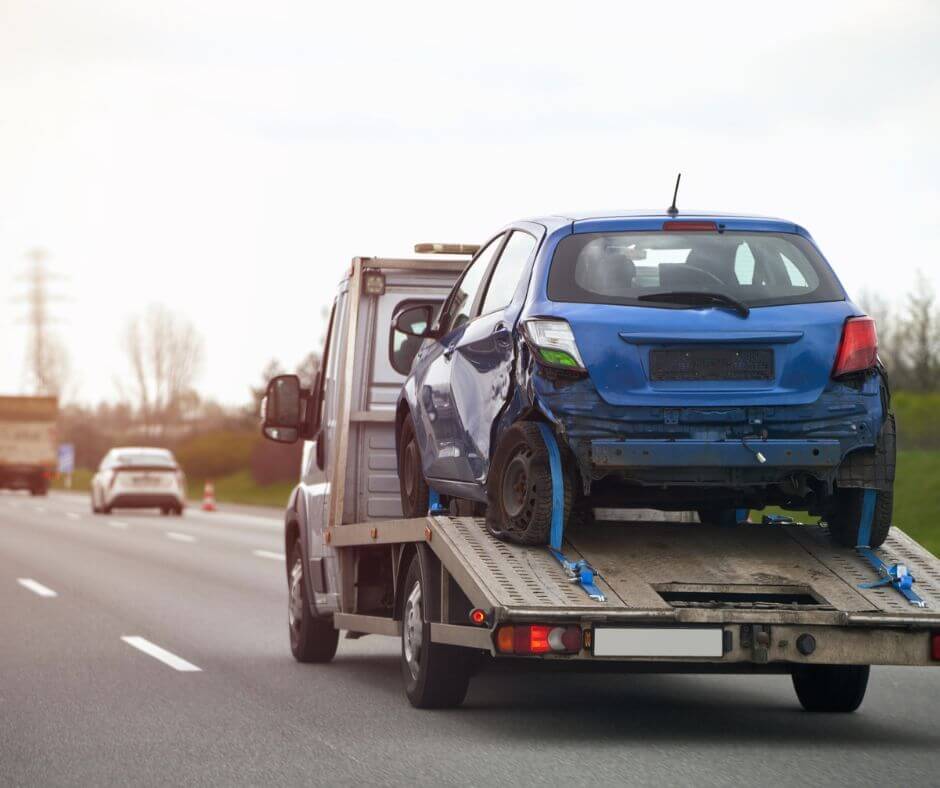

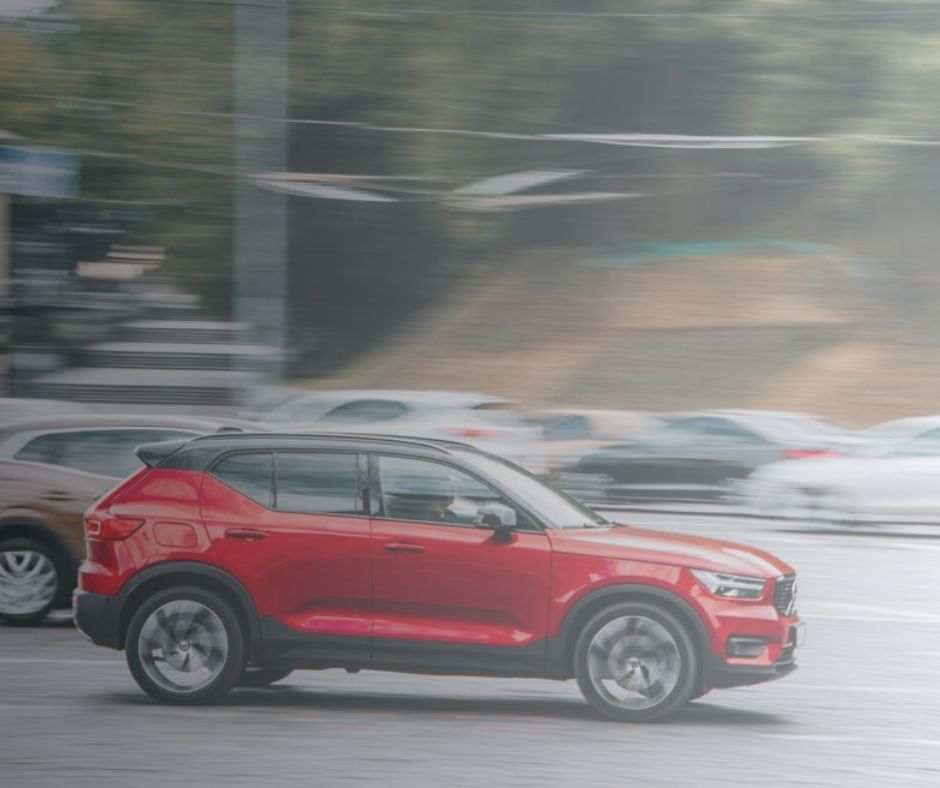
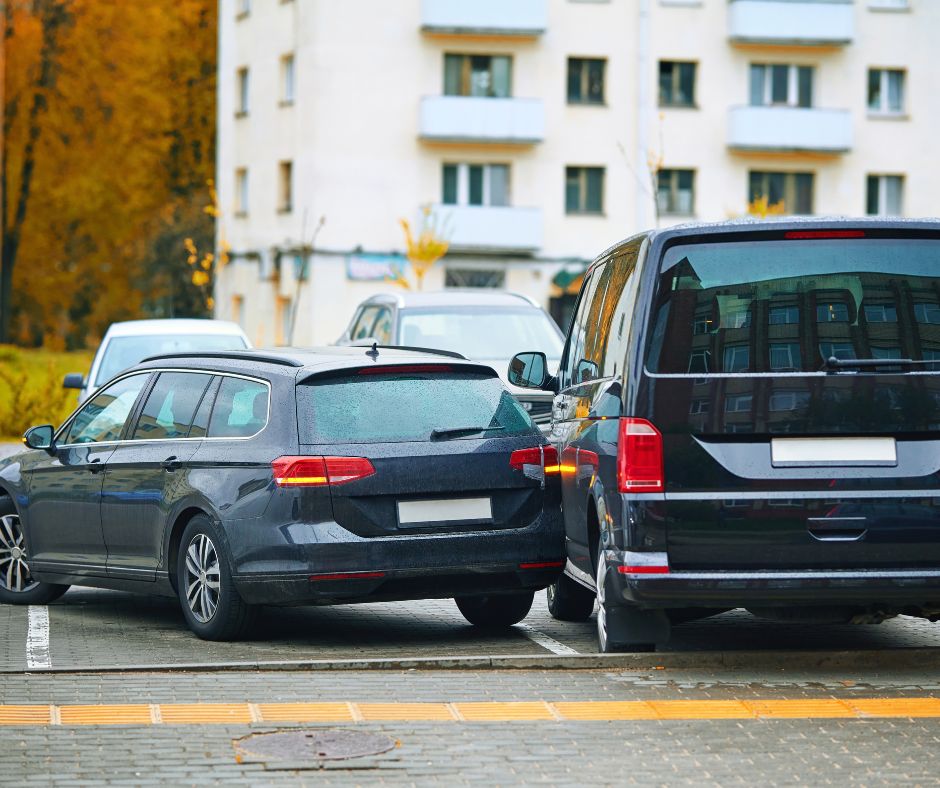
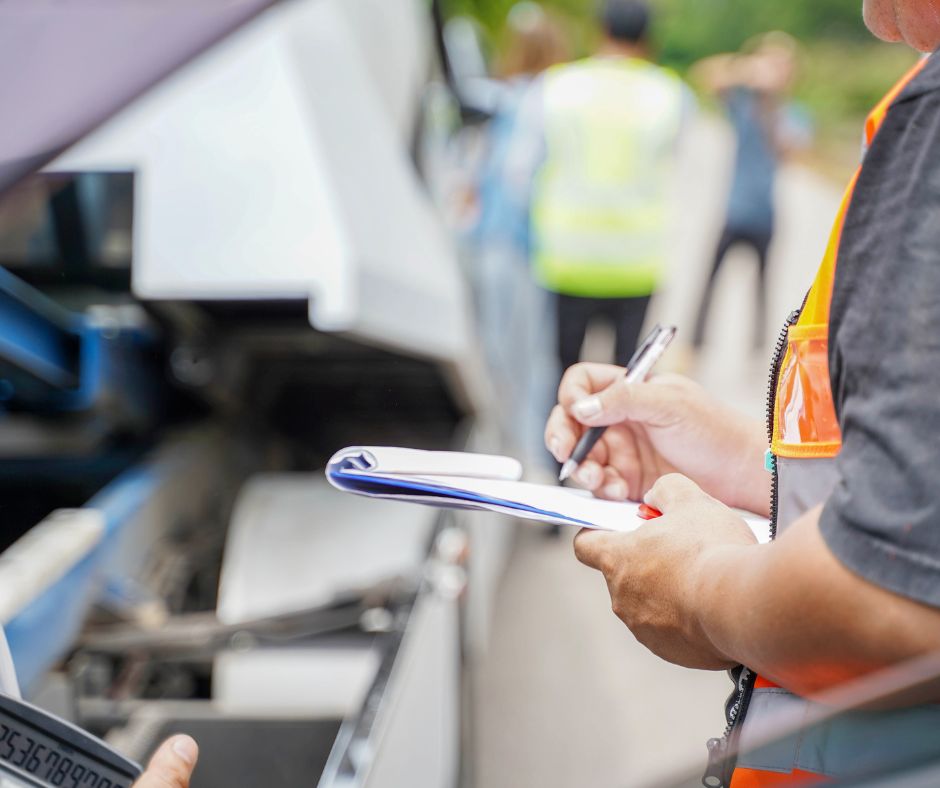
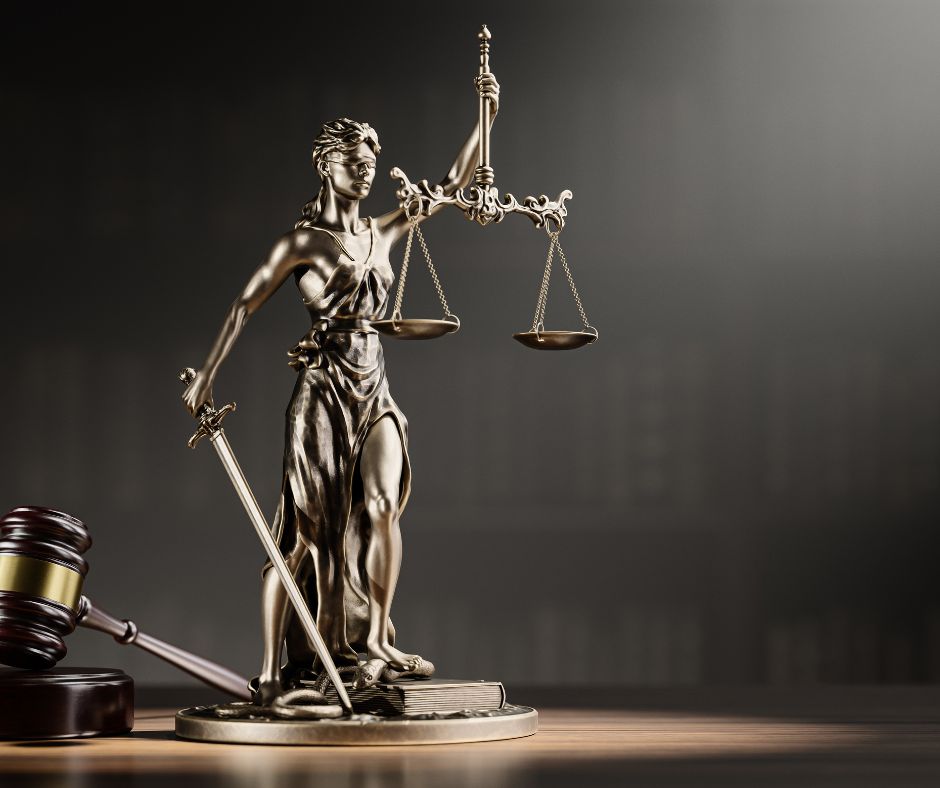
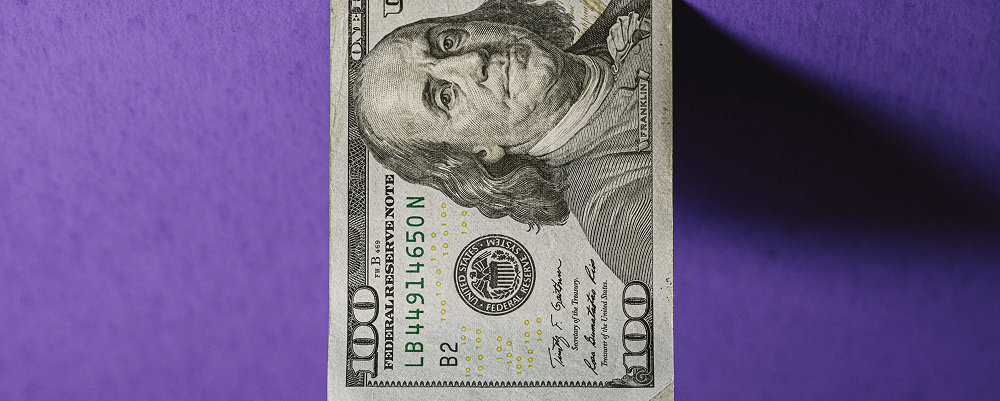
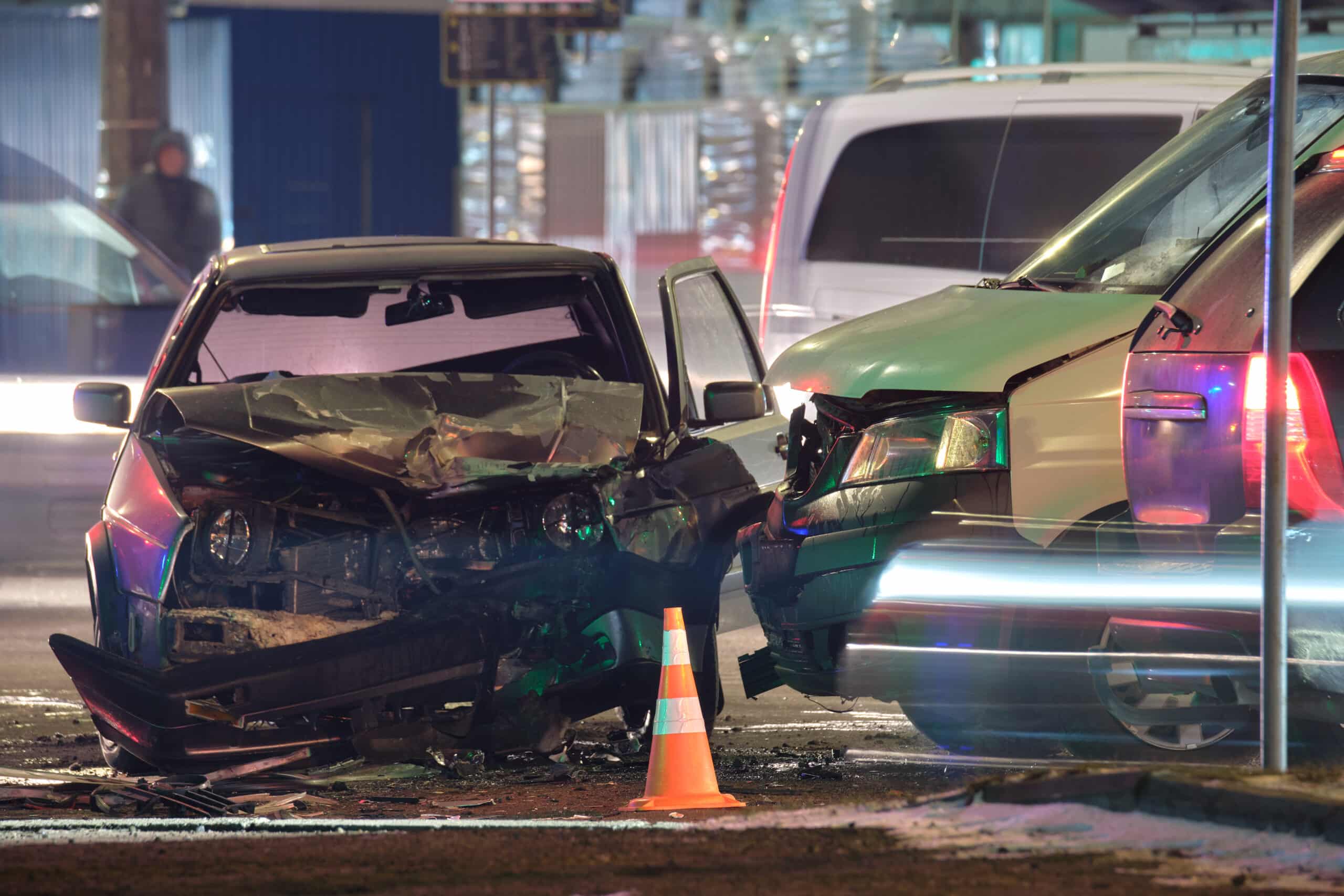
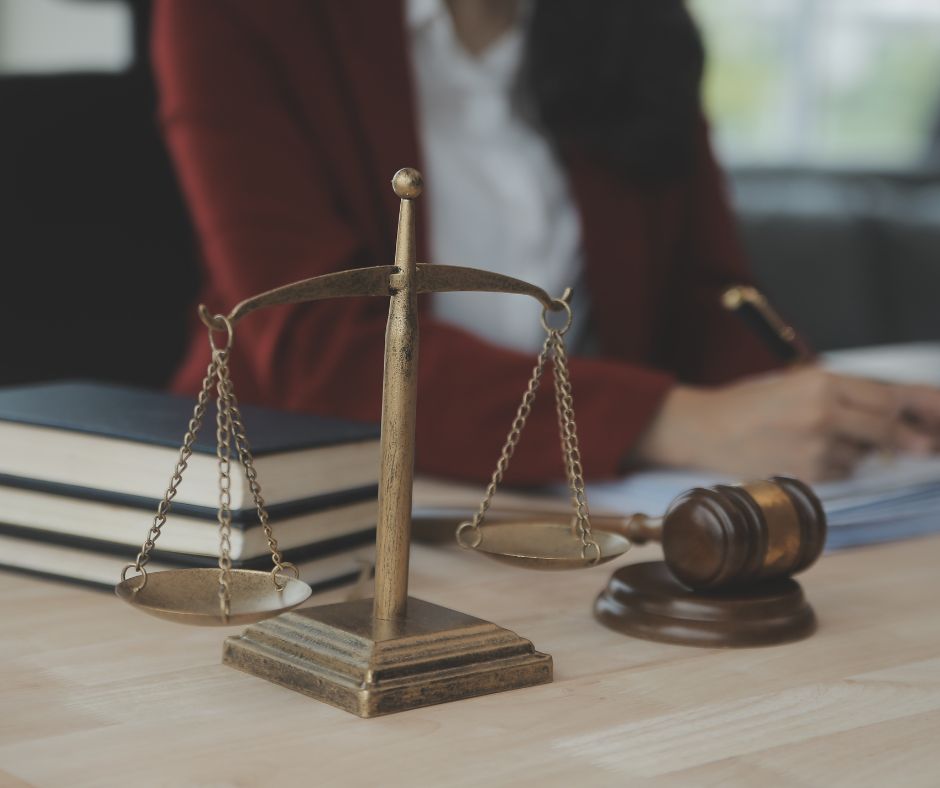
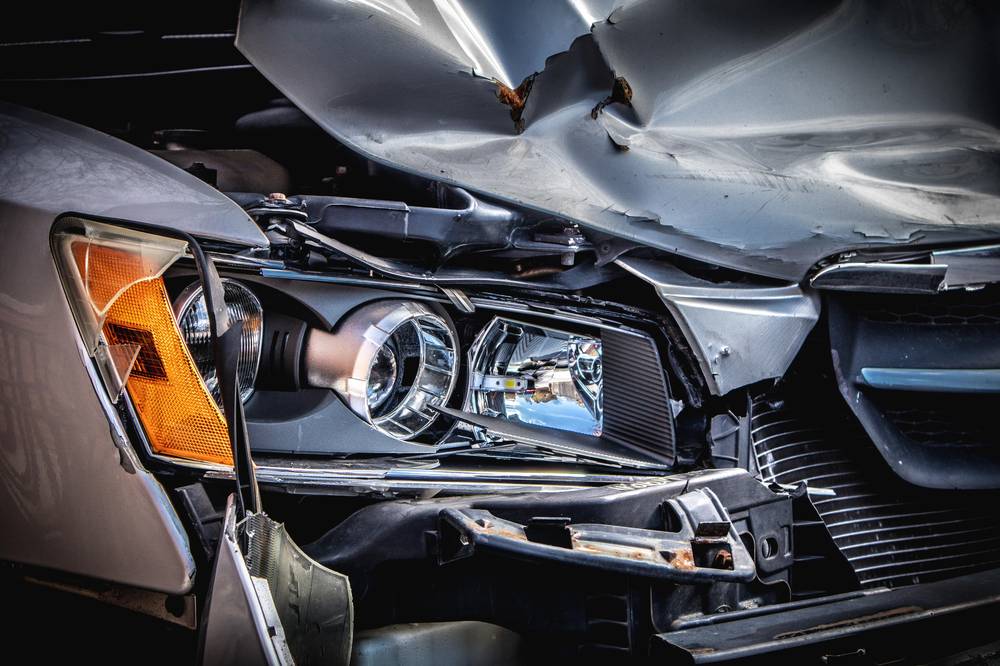
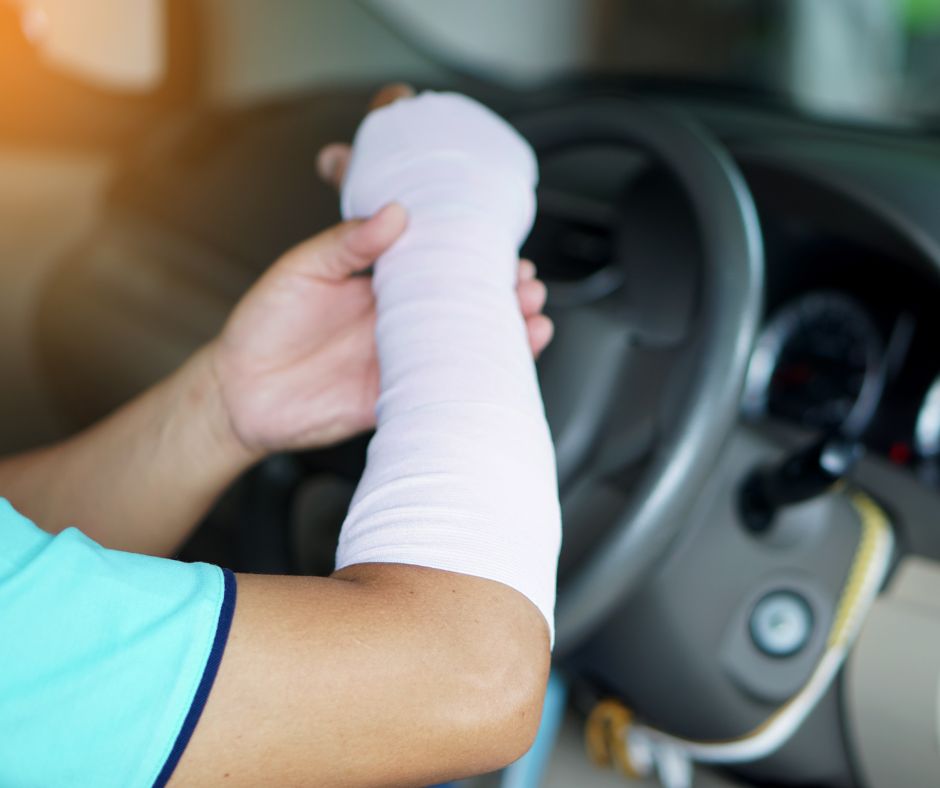
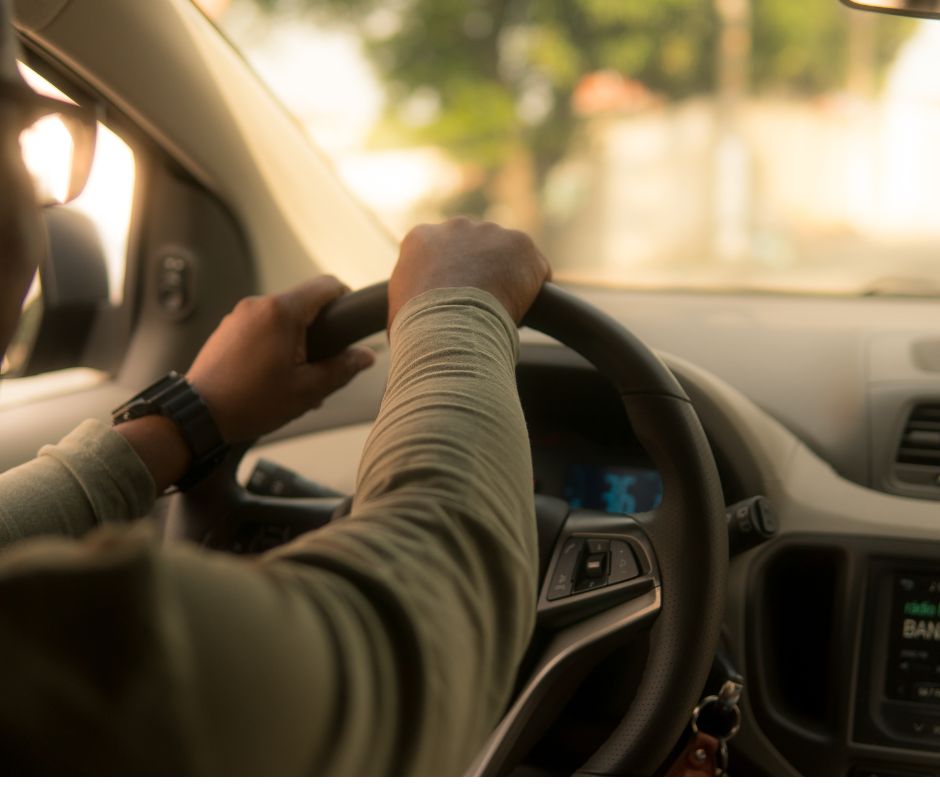
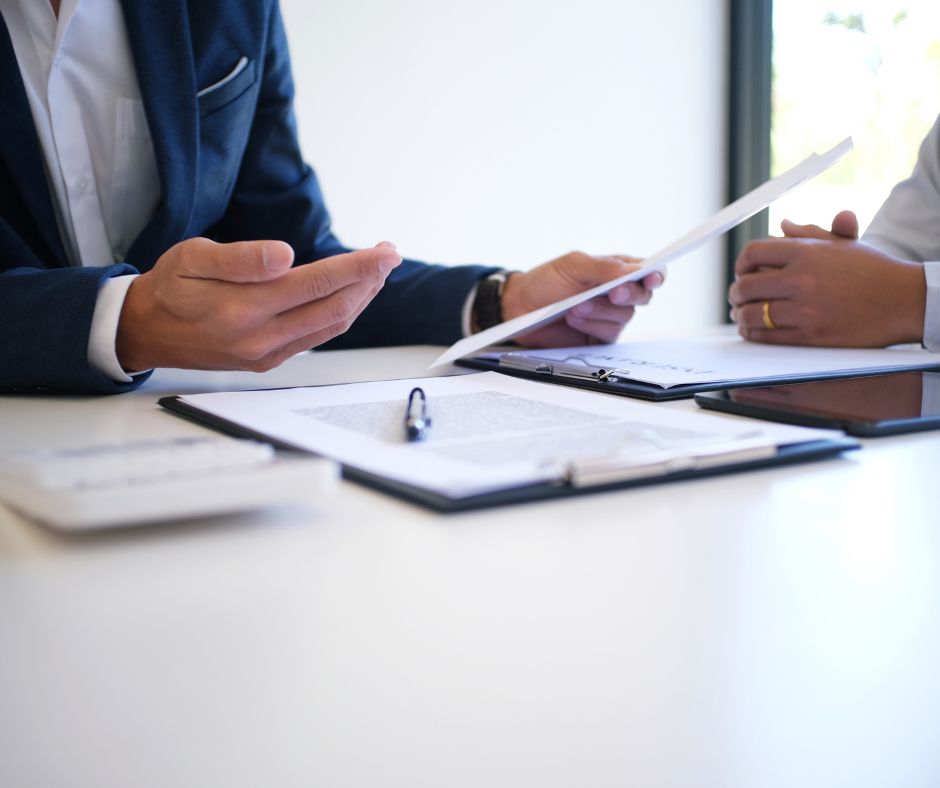




 EMAIL
EMAIL  Ask AI
Ask AI  Access
Access